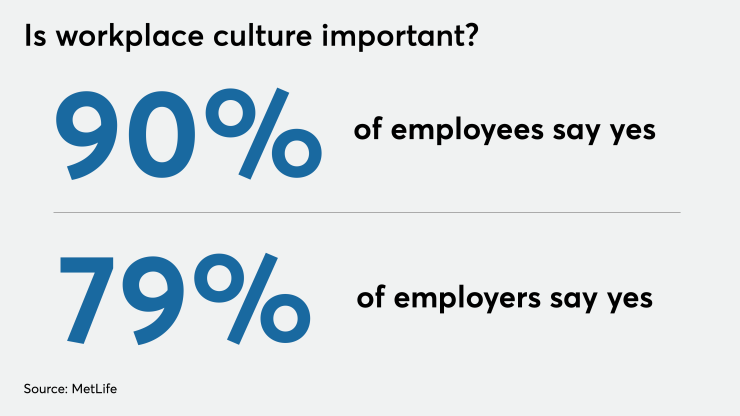Most of us are already exhausted from our efforts to keep everyone in our organizations safe through stay-at-home efforts and other measures during the COVID-19 crisis. We now realize we are in for a more protracted period of deep challenges to the ways we interact, work, and live than we had anticipated. And that realization is hitting just as we see a pivot away from articles aimed at getting people through this crisis, and instead focusing on helping HR and benefit leaders join the efforts to “open up” the economy and get businesses back on track.
This shift concerns me because it may cause us to lose sight of a critical central fact: Our people are still hurting at a very fundamental level. The stress on your employees today is unprecedented and unrelenting. No wonder many experts are warning of a protracted crisis in mental health. In response, we must remember that while our patience for COVID-19 is flagging, our commitment to the human toll on our people cannot. To put a finer point on it, a powerful truth that transcends this crisis has emerged. No matter what specific approaches to engagement we employ, we need to forge stronger relationships with our people.
Such relationships have largely eluded us. Why? Because while we have struggled for years to build cultures of engagement and trust, COVID-19 has reminded us of something more important. What we have been working so hard to build actually lies in showing our people a true commitment to care and support. In fact, it has shown how we need to take care of the very heart of our cultures.
This crisis has inspired us all to reach out in the most basic and human ways to care for employees. Most of us pushed aside previously planned goals and initiatives and reacted instead from our hearts. And that human instinct has made all the difference.
The challenge now is to remember that a “heart for care” must remain at the core of everything your company does for its employees. How? The coronavirus has taught us here as well that it’s critical to rely on science and evidence. When we locked down, we saw the COVID-19 curve flatten. When we tried to return to our normal lives too quickly, we watched it surge back. We are learning the hard way that science matters. This is also true of the science of care. That science gives us a clear road map for employee support and care.
Self-Determination Theory (SDT) is that battle-tested model. It outlines the three basic psychological needs that support well-being. By understanding these needs, training our people to support them, and monitoring how well they are being met, you will implicitly lay the foundation for stronger relationships, greater physical and mental health, and more resiliency among your people. And out of that, naturally, comes higher engagement and greater performance.
Here are the three critical core needs SDT has established:
- Autonomy: Our need to feel we can endorse our own actions and have authorship over our lives. In our work, our autonomy is supported when we get clear rationales for our tasks and room to be heard about how we feel about our role and how we accomplish it. By contrast, when we feel controlled or unheard, our autonomy is undermined.
- Mastery: Our need to feel successful and effective. It emerges in work when we feel we have the tools and capacity to not just get by, but to skillfully perform at our best. Feeling that we are ill-equipped or too overwhelmed to be successful severely diminishes fulfillment of our sense of mastery.
- Relatedness: We need to have meaningful connections with others, connections in which we feel “we matter” and are respected and supported. In the work environment, this often translates into feeling that others are genuinely committed to supporting our autonomy and mastery.
When you consider these three basic needs, it becomes clear why employees are suffering so deeply right now. The COVID-19 crisis puts a severe strain on each of these needs at a time when leadership is feeling overwhelmed by so much else that is demanding their attention. That is exactly why HR and benefits leaders need to employ a well-being program built on science that has proved to nourish what truly matters. Overwhelming evidence shows that if we focus on supporting these needs we will be taking the single most important action we can to build a true culture of care.
And then, let’s remember to keep doing it long after the crisis is behind us. Your people deserve it. And do you really doubt this kind of employee caring won’t significantly help your business as well?






